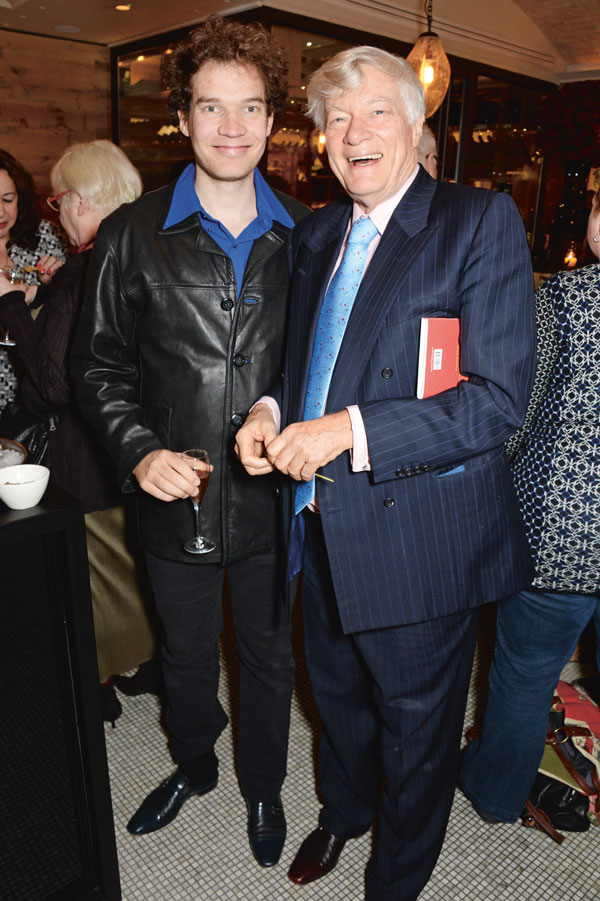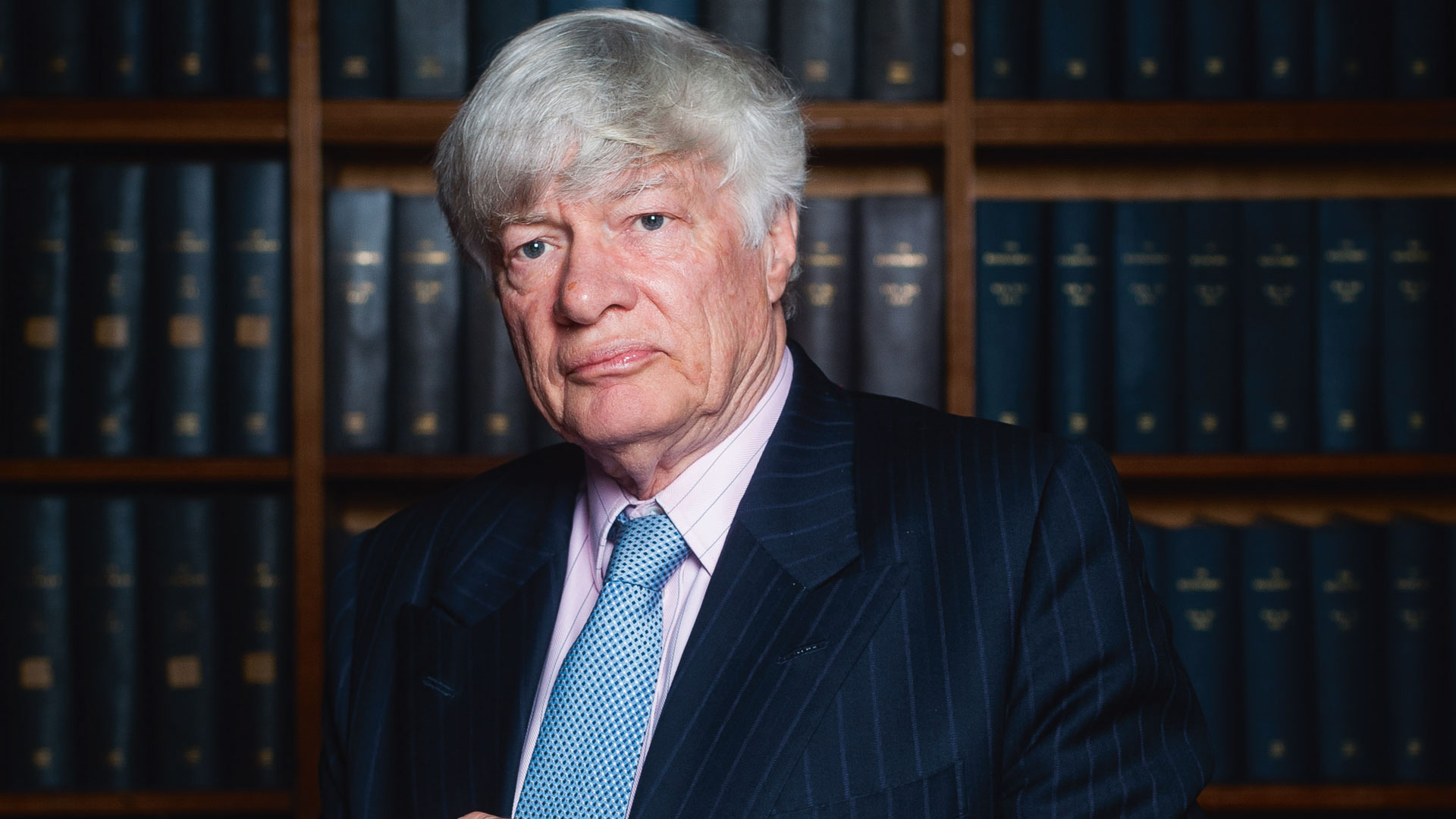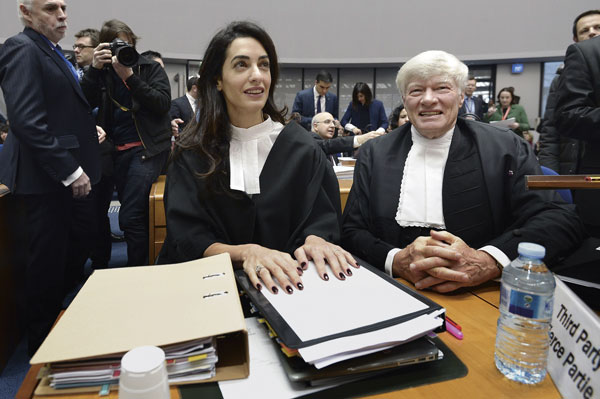I turned 16 in late 1962, having grown up in a suburb of Sydney in a country like no other because it had what was called a ‘white Australian policy’ . We had aborigines but they were not counted in the census as people and they were confined to reserves. So I grew up never seeing a non-white face. Censorship and oppression were outrageous in general, which may have led to my becoming a barrister at the Old Bailey. We were about to have conscription for the Vietnam war. The Sixties were swinging in Britain, but that didn’t reach Australia until the Seventies with the Labour government. So at 16 my eyes were just being opened to the human rights violations in my country.
My ambition as a teenager was to play tennis for Australia. I had a battle in my head between tennis and God. Tennis classes were on a Sunday. I’d been a committed Sunday school attendee and had topped all the Sunday school exams. (That came in handy later when I was defending
blasphemers like The Gay News against Mary Whitehouse, years later at the Old Bailey. She did pay tribute to my knowledge of the Bible, but called me the Devil’s Advocate.) I was inspired by the parable of the Good Samaritan, which continues to inspire my work in human rights at the European Court of Justice. So, though I’m a secularist now and very critical of all churches in many ways, I think that particular upbringing did anchor my belief in the dignity of the individual. But I chose tennis lessons over Sunday school in the end.
My reclusiveness, my love of reading, my living mainly in my own head – that was partly down to feeling unsightly
I was very pimply. If I could telegraph one thing to my 16-year-old self I’d tell him all things will pass, even pimples. And in just two years he will be at university and fit for female company. My reclusiveness, my love of reading, my living mainly in my own head – that was partly down to feeling unsightly. Women were a total mystery to me. I had two brothers but no sisters. Even the primary schools were separated by gender. When I was 15 I was forced to take dancing classes and there were girls there. When it came to ladies’ choice the girls made their way like heat-seeking missiles to the boys they liked, and a very attractive girl chose me. I was delighted, but then trod on her toes when we were dancing. I’ve never been able to dance. So that class was excruciating for me. I’d tell my younger self to try to do more wooing in his youth.
I was very lucky in my parents. My father had been a fighter pilot against the Japanese in the war. My mother was an airforce corporal. They met on the front line and once the bomb was dropped and the Japanese surrendered they married and were together for 71 years. They died last year, within a few weeks of each other. They were as perfect parents as you could get. My mother brought me up to care deeply about the disadvantaged and it’s difficult to shake off the influence of a good mother. When they died I was consumed with guilt because I’d spent so many years away from them – though I came back to Australia to develop and present a TV show, Geoffrey Robertson’s Hypotheticals, which went on to be very popular there. But I did that mainly so that I could see them. I always advise any ex-pats to do everything they can to spend time with their parents.

I do often wonder how my life would have turned out if I’d gone to America instead of Britain. When I was 20 I had a choice. I had to get out of Australia because of its smallness and smallmindedness. I had this pipe dream about the Old Bailey but there were no Australians at the Bar. One obvious route was as a Rhodes scholar. The alternative was Harvard. But the only scholarship available for Harvard was the Robert Menzies scholarship, and although I was qualified for it he was the Prime Minister who’d sent my schoolmates to Vietnam, where some of them were killed. So I didn’t feel I could go through life as a Menzies scholar. And so I chose Oxford instead.
John Mortimer was my forensic father. We did so many cases together – I was his junior – and he became a close friend. But I could never be like Rumpole. He was a loveable lawyer and I don’t have that charm or that loveability. When I was about to question Lady Diana in court [in 1993 she sued over tabloid pictures of her in a gym] The Daily Mail said I was known as the Rottweiler. I’d never heard that description myself, but you never do. Rumpole also had a certain kind of Britishness and would not share my interest in the work in Strasbourg. I think he’d have voted for Brexit.






